Speed System Course
WANT YOUR ATHLETES
RUNNING FASTER?
Get Free Access To The Entire Athletes Authority Speed System Responsible For Helping Us Develop The Gift Of Speed.
Our Team Has Been Trusted By:


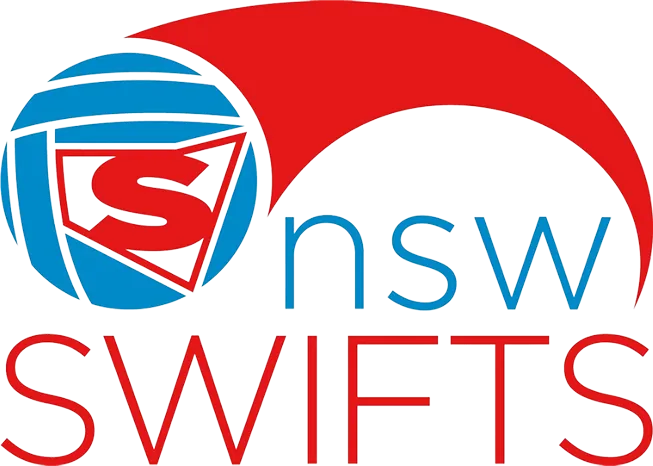



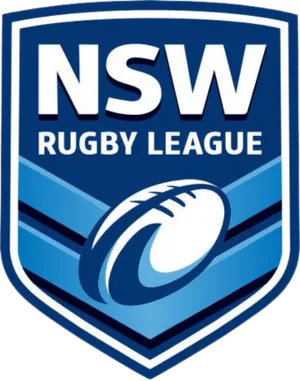







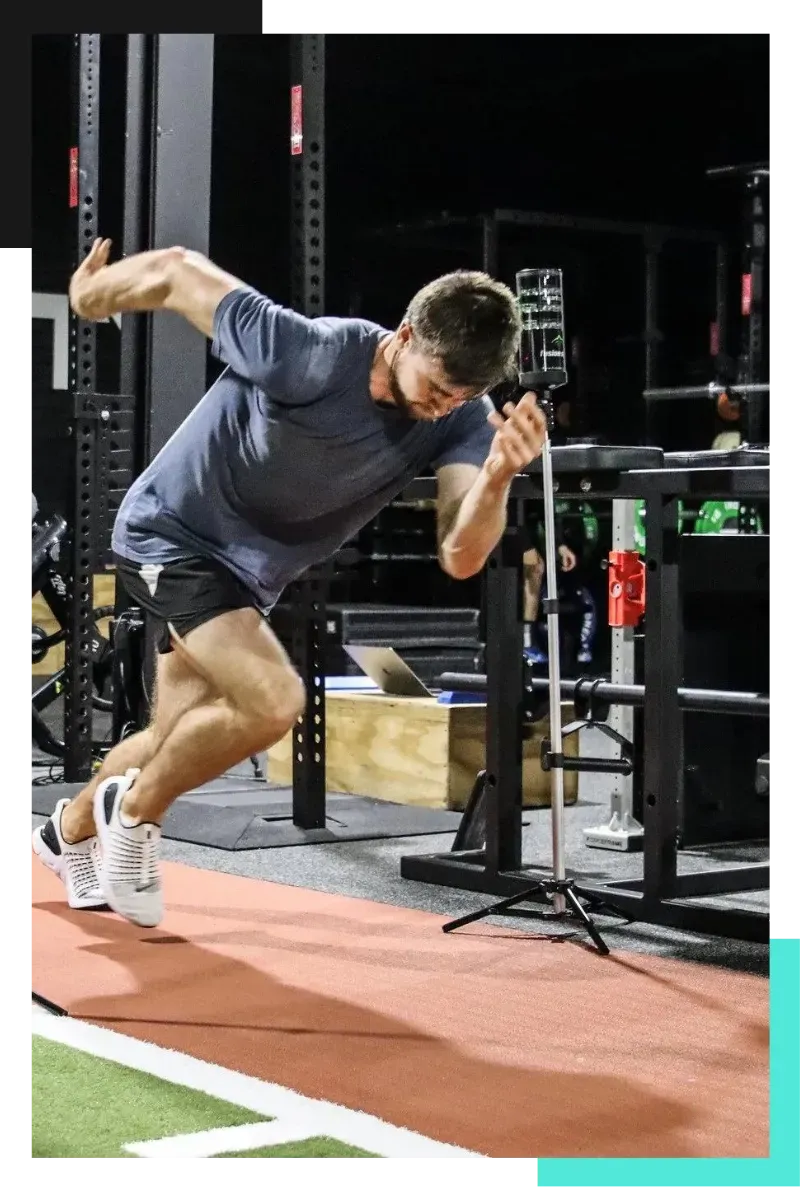
In This 90-Minute Video Course (That’s Entirely Free),
You’ll Discover:
How To Develop Your Coaches Eye So You Can Quickly Pick-Up On Technical Running Faults.
The Simple Solution We Use To Implement Technical Fixes That Are Easy For Your Athletes To Learn.
How To Transfer ‘Drilling’ Into Real-World Speed Improvements.
The Best Way To Measure & Track Speed Improvements To Get Athlete Buy-In.
our services
WHEN YOUR ATHLETICISM MATTERS TO YOU, OUR PROGRAMS HAVE YOU COVERED.
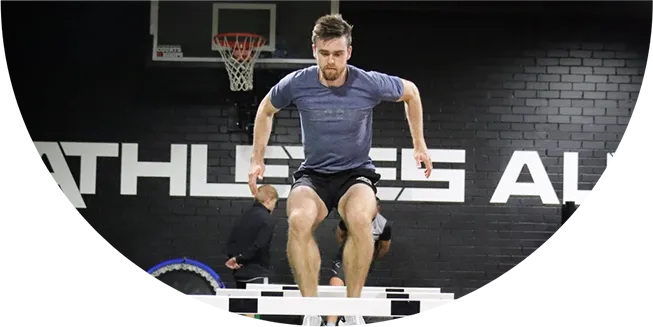
“For Athletes Who Are Hungry For A Competitive Edge”
Athlete Development Program
Improve Athleticism With A Strength & Conditioning Program That Guarantees Results (Or Your Money Back)
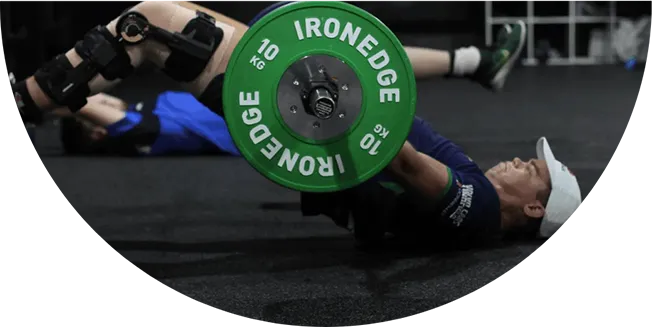
“For Athletes Who Want To Rehab Their Injury, For Good.”
Sports
Physio
Program
Return To Sport With Confidence And Get Back To Doing What You Love, Faster.

"For athletes seeking enhanced speed and agility in team sports."
Speed & Agility Training
Develop The Gift Of Speed And Get Noticed For Your Game-Changing Abilities On The Field Of Play

“For Sporting Parents Who Want To Set Up Their Kids For Success”
Emerging Athlete Program
Helping Sporting Parents Foster Their Kid's Potential & Set Them Up For Success.
Take a virtual tour of Our
strength & conditioning gym
WE BUILT A TRAINING & REHAB FACILITY THAT COULD BE AN ATHLETES’ HOME AWAY FROM HOME. WATCH THE VIDEO TO SEE FOR YOURSELF.
SYDNEY
melbourne
OUR PHILOSOPHY
While An Athlete's Goals May Change, The Pursuit Of Performance Never Ends.
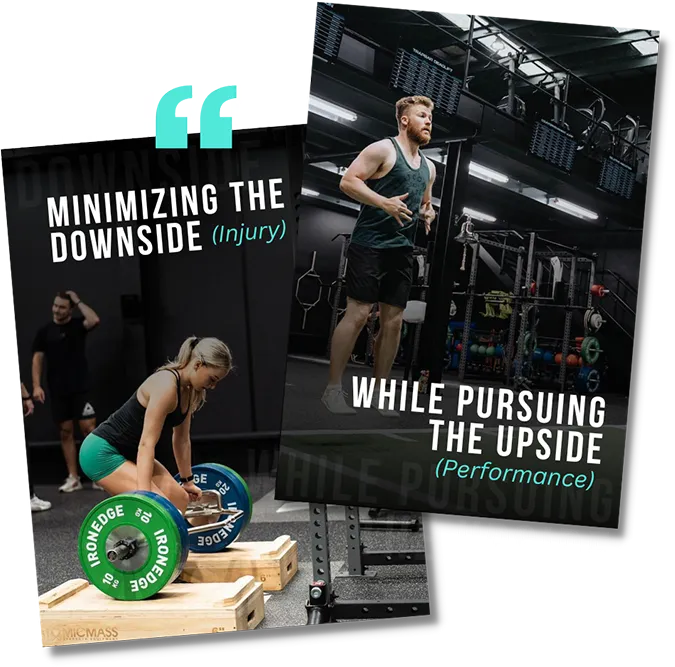
Athletes strive for two timeless objectives: raising their standards and winning. They constantly aim to surpass their previous achievements and believe in their ability to reach greater heights. Winning is an integral part of their DNA; they are driven by the desire to succeed. To attain such success, they must create a personalized GamePlan.
Our training system is built on the philosophy of "Minimizing the Downside (Injury) While Pursuing the Upside (Performance)." It empowers athletes at all stages to enhance their performance. Whether you're an amateur or an Olympian, our comprehensive approach combines in-person coaching with virtual and mobile support. Develop a resilient body and mindset for success with our expert guidance. Achieve more with our performance and rehabilitation programs.
350+
ATHLETES WHO TURNED PRO
450+
PRO ATHLETES COACHED
500+
5-STAR GOOGLE REVIEWS
IN THE NEWS
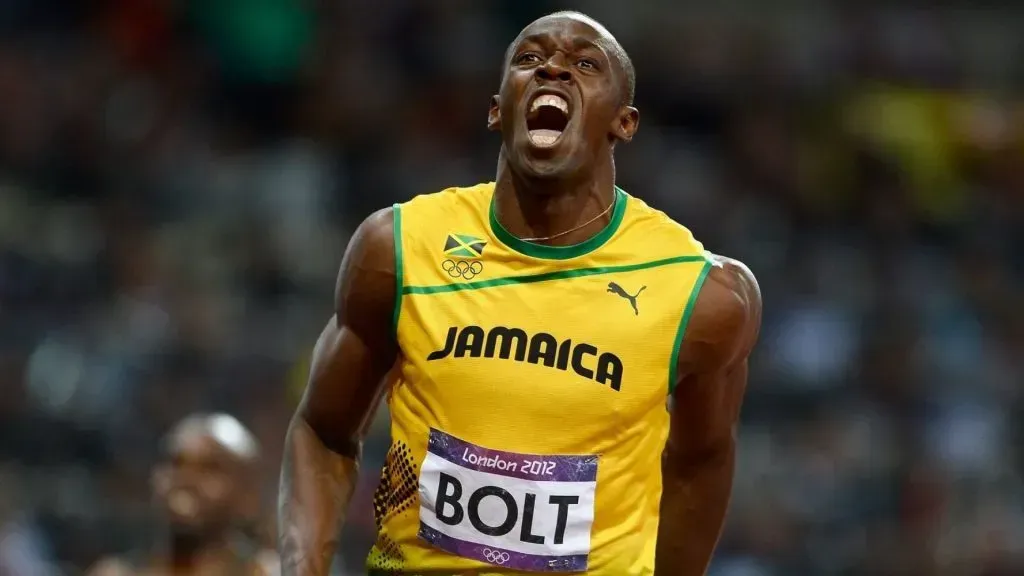
How To Maximise Motivation as an Athlete
Motivation is a key factor in the success of any athlete (Weinberg & Gould, 2015). It can drive an athlete to train harder, perform better, and achieve their goals (Gould, Feltz, & Weiss, 1991). However, maintaining high levels of motivation can be challenging, especially for athletes who are facing long-term training or competition schedules (Duda, 2001). In this research article, we will explore the various factors that can impact an athlete’s motivation, and discuss strategies that athletes can use to maximize their motivation and achieve their full potential.
One of the key factors that can influence an athlete’s motivation is their goals (Weinberg & Gould, 2015). When athletes have clear, achievable goals that they are working towards, they are more likely to stay motivated and focused on their training (Gould, Feltz, & Weiss, 1991). These goals can be short-term, such as preparing for a specific competition, or long-term, such as qualifying for a national team (Weinberg & Gould, 2015). It is important for athletes to regularly review their goals and make sure that they are still relevant and inspiring (Duda, 2001).
Another factor that can impact an athlete’s motivation is their support network (Weinberg & Gould, 2015). Having a supportive coach, family, and friends can make a big difference in an athlete’s motivation and mindset (Gould, Feltz, & Weiss, 1991). These people can provide encouragement, advice, and a sense of accountability that can help keep athletes motivated and on track (Weinberg & Gould, 2015). It is also important for athletes to surround themselves with other motivated and dedicated individuals, as this can help to create a positive and inspiring training environment (Duda, 2001).
In addition to goals and support, there are a number of internal factors that can influence an athlete’s motivation (Weinberg & Gould, 2015). These include their level of self-confidence, their belief in their abilities, and their attitude towards their sport (Gould, Feltz, & Weiss, 1991). Athletes who have a positive self-image and believe in their own abilities are more likely to stay motivated and perform at their best (Weinberg & Gould, 2015). It is therefore important for athletes to work on building their self-confidence and maintaining a positive attitude (Duda, 2001).
There are a number of strategies that athletes can use to maximize their motivation (Weinberg & Gould, 2015). One of these is to set specific, achievable goals and track their progress towards these goals (Gould, Feltz, & Weiss, 1991). This can help athletes to see their progress and feel a sense of accomplishment, which can boost their motivation (Weinberg & Gould, 2015). Another strategy is to take regular breaks and engage in activities that are unrelated to their sport (Duda, 2001). This can help athletes to recharge and come back to their training with renewed energy and motivation (Gould, Feltz, & Weiss, 1991).
In conclusion, motivation is a crucial factor in the success of any athlete (Weinberg & Gould, 2015). By setting clear goals, building a supportive network, and working on their self-confidence and attitude, athletes can maximize their motivation and achieve their full potential (Duda, 2001). By consistently applying these strategies and staying dedicated to their sport, athletes can overcome challenges and reach their goals (Gould, Feltz, & Weiss, 1991).
References:
Duda, J. L. (2001). Motivation in sport. In J. L. Duda (Ed.), Advances in sport psychology (2nd ed., pp. 1-35). Champaign, IL: Human Kinetics.
Gould, D., Feltz, D. L., & Weiss, M. R. (1991). Motivation in sport. In J. M. Williams (Ed.), Applied sport psychology: Personal growth to peak performance (2nd ed., pp. 17-37). Mountain View, CA: Mayfield.
Weinberg, R. S., & Gould, D. (2015). Foundations of sport and exercise psychology (6th ed.). Champaign, IL: Human Kinetics.
Want to stop choking in the moments that count the most? Discover how to optimise your thinking to compete like a champion. Click here to learn more.
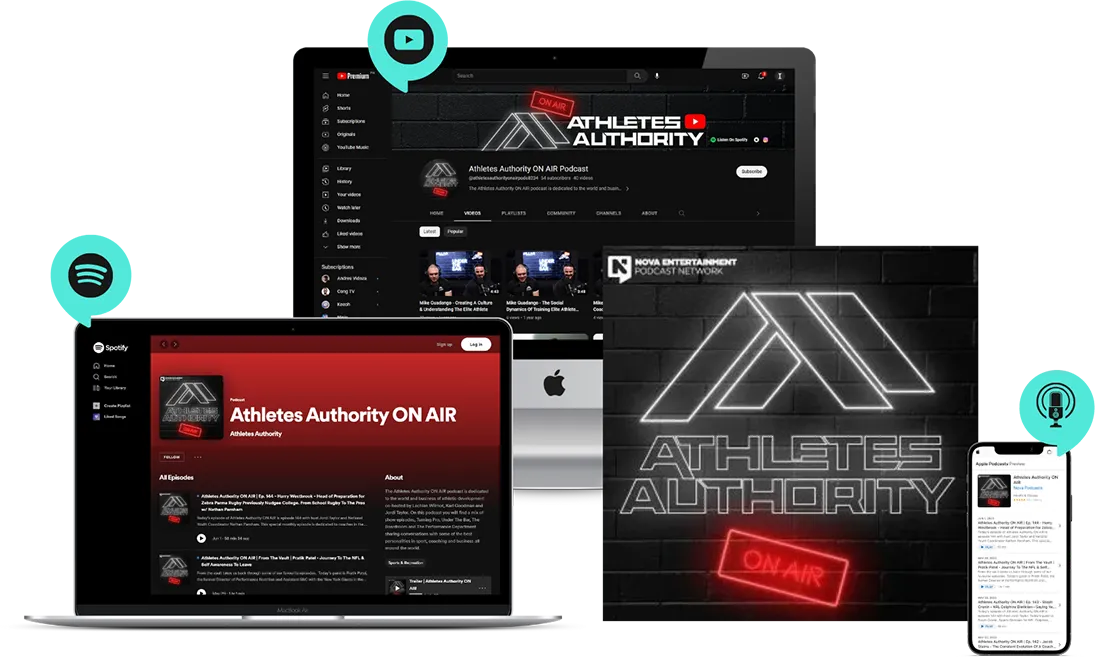
LISTEN TO THE PODCAST
Athletes authority on air
The Podcast that interviews the leaders in the Strength & Conditioning Community.
SYDNEY LOCATION
© 2023, Athletes Authority | All Rights Reserved
Website & Marketing Powered By Gymini
































